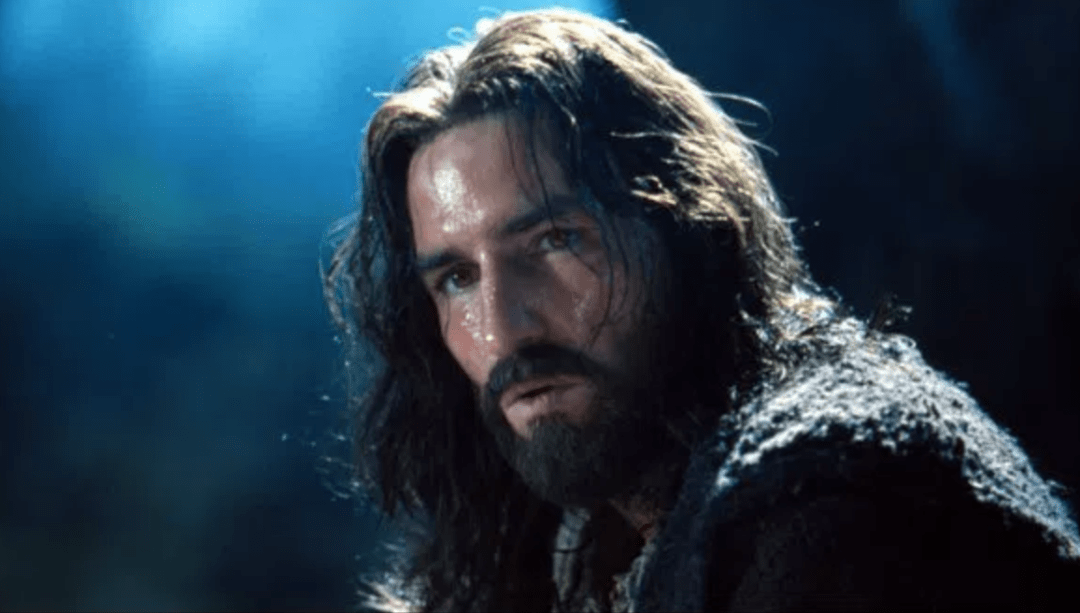Exploring The Passion Of Mel Gibson: A Deep Dive Into His Films And Influence
The cinematic journey of Mel Gibson has been nothing short of remarkable, with a diverse array of films that resonate deeply with audiences around the world. His passion for storytelling is evident in every project he undertakes, whether as an actor, director, or producer. This article will explore the various facets of Mel Gibson's film career, highlighting his most notable works, the impact of his films, and the controversies that have surrounded him. We will delve into the themes and messages of his films, and how they reflect his personal passion for filmmaking.
From his early days in Hollywood to his recent successes, Mel Gibson has consistently pushed the boundaries of cinema. His films often explore complex themes of faith, sacrifice, and redemption, which not only entertain but also provoke thought and discussion among viewers. Through this exploration, we aim to shine a light on why Mel Gibson remains a significant figure in the film industry and the enduring legacy of his work.
As we navigate through the intricacies of Gibson's filmography, we will also touch on his personal life and the challenges he has faced. By understanding the man behind the camera, we can better appreciate the passion that drives his artistic vision and the influence he has had on contemporary cinema.
Table of Contents
- Biography of Mel Gibson
- Early Career and Breakthrough
- Notable Films
- Themes in Mel Gibson's Films
- Controversies Surrounding Mel Gibson
- Personal Life and Challenges
- Legacy and Influence
- Conclusion
Biography of Mel Gibson
Mel Gibson was born on January 3, 1956, in Peekskill, New York, to a Catholic family of Irish descent. He was raised in Sydney, Australia, where he developed a passion for acting and filmmaking. Gibson's career began in the late 1970s, and he quickly rose to fame with his roles in action films.
| Personal Data | Details |
|---|---|
| Name | Mel Colmcille Gerard Gibson |
| Date of Birth | January 3, 1956 |
| Nationality | American, Australian |
| Famous Works | Braveheart, The Passion of the Christ, Hacksaw Ridge |
| Profession | Actor, Director, Producer |
Early Career and Breakthrough
Gibson's early career was marked by his role in the Australian film "Mad Max" (1979), which became a cult classic and launched him into international stardom. His portrayal of Max Rockatansky showcased his ability to captivate audiences with intense performances. Following this success, Gibson starred in a variety of films throughout the 1980s, including "Lethal Weapon" (1987), which solidified his status as a leading action star.
Transition to Directing
In the late 1990s, Gibson made a successful transition to directing with the release of "The Passion of the Christ" (2004). This film, focusing on the last days of Jesus Christ, was both critically acclaimed and commercially successful, grossing over $600 million worldwide. It demonstrated Gibson's passion for storytelling and his ability to tackle challenging subjects with sensitivity and depth.
Notable Films
Throughout his career, Mel Gibson has been involved in numerous films that have left a lasting impact on the industry. Some of his most notable works include:
- Braveheart (1995) - A historical epic about the life of William Wallace, which won five Academy Awards, including Best Picture.
- The Passion of the Christ (2004) - A controversial yet powerful depiction of the final hours of Jesus's life.
- Hacksaw Ridge (2016) - A biographical war film about Desmond Doss, the first conscientious objector to receive the Medal of Honor.
- Apocalypto (2006) - A film set in pre-Columbian Mexico that explores the decline of the Mayan civilization.
Themes in Mel Gibson's Films
Mel Gibson's films often explore profound themes that resonate with audiences on multiple levels. Some recurring themes include:
- Faith and Redemption: Many of Gibson's films grapple with questions of faith, morality, and the possibility of redemption.
- Violence and Sacrifice: His work frequently depicts the brutality of violence and the sacrifices characters must make for a greater good.
- Historical and Cultural Contexts: Gibson has a penchant for historical narratives, bringing to light stories from various cultures and eras.
Controversies Surrounding Mel Gibson
Despite his success, Gibson's career has not been without controversy. His outspoken views on various issues and incidents of misconduct have sparked significant backlash. Notably, his comments during a DUI arrest in 2006 and various allegations of anti-Semitism have tarnished his public image. However, he has made attempts to reconcile and continue working in Hollywood.
Personal Life and Challenges
Gibson's personal life has been marked by both triumph and tragedy. He has been married and divorced, and his relationships have often been scrutinized by the media. His struggles with alcoholism and public controversies have affected his career trajectory, but he has shown resilience and determination to overcome these challenges.
Legacy and Influence
Mel Gibson's legacy in the film industry is complex but undeniably significant. His ability to blend commercial success with thought-provoking storytelling has left a lasting impact. As an actor and director, he has inspired countless filmmakers and actors to pursue their passions and tackle difficult subjects in their work.
Conclusion
In conclusion, Mel Gibson's passion for filmmaking has shaped his career and influenced the cinematic landscape. His films, rich with themes of faith, sacrifice, and historical narratives, continue to resonate with audiences worldwide. Despite the controversies that have surrounded him, his contributions to film are undeniable. We invite you to share your thoughts on Mel Gibson's films and their impact in the comments below, and explore more articles on similar topics to deepen your understanding of cinema.
Final Thoughts
Thank you for reading! We hope this exploration of Mel Gibson's passion for film has provided you with valuable insights. Stay tuned for more engaging articles that delve into the world of cinema, and feel free to return for fresh content that inspires and informs!
Article Recommendations


